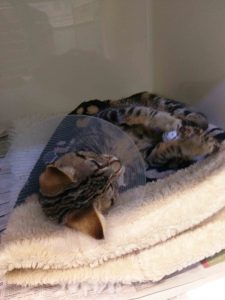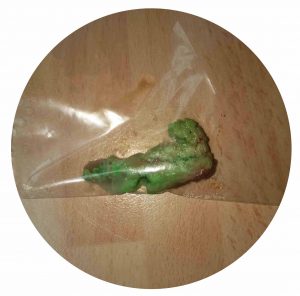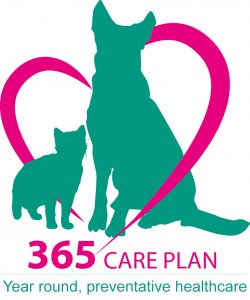Preparing your pet for firework’s season
Fireworks are a common phobia for pets as they often find the loud, unpredictable noise and bright displays of light very frightening. Even a seemingly confident pet can tremble and drool at the unfamiliar sounds.
Preparation is key
Preparation is all-important if dogs are to get through fireworks with the minimum amount of fear and stress. First you need to make a special place where your dog can get away from the sounds he fears. Most dogs will already have a favourite room to go to, in which case all you need to do is modify this place to make it even more suitable as a bolt hole.
Some dogs do not know where to escape and for these individuals, you need to create somewhere for them to hide. It is best to choose a room that is naturally quiet and has minimal numbers of windows. It is best to prepare the refuge as far ahead of the firework event as you can. Your dog must always be able to get to this place whenever he is frightened.
IN ADVANCE
- Install a Dog Appeasing Pheromone (ADAPTIL) diffuser in your home, preferably close to or inside the dogs hiding place. This is a device that looks like an air freshener that you plug into a wall socket. It produces a smell that is like a chemical that your dog’s mother used to calm her puppies. It should be left operating 24hrs a day and if possible installed a couple of weeks before a known event. ADAPTIL makes dogs feel much more relaxed and confident when they might otherwise be stressed.
- Put in lots of blankets for your dog to dig and burrow in, preferably placed in a corner where the dog has already tended to dig or hide. Include an old, unwashed piece of clothing e.g. woolly jumper, so that your dog can smell your scent and feel comforted by your indirect presence.
- Try to minimise the amount of noise entering the bolt hole room from outside. The dog must not see the flashes of fireworks or lightening, so close the windows and use heavy curtains to make the room dark.
- Bowls of food and water are essential and it is a good idea to make sure that your dog has emptied his bladder an hour or so before the fireworks start.
- Leave a few special chews and things for your dog to eat in the hiding place in case he fancies something chewy to reduce his tension. However, do not be alarmed if he does not seem interested in them – some dogs are simply not interested in treats at a time like this.
- Moderately loud rhythmic music with a good beat is an effective way to mask the fireworks from outside.
- Get your dog used to going to the hiding place 2/3 times each day during the run up to a firework display by taking him there and giving him some food or a favourite chew. This will help the dog understand that this is a good place to go to.
- Give your dog a large, stodgy, carbohydrate-rich meal in the late afternoon of the day. Pasta, mashed potato or overcooked rice will help him feel calm and sleepy as the night draws in.
- Make sure your pet is kept in a safe and secure environment at all times so that he doesn’t bolt and escape if a sudden noise occurs.
- It’s a good idea to ensure that your pet is microchipped and the details are up to date just in case they do bolt and escape.
- For severe fears and phobias, medication is available and you could book an appointment to see your vet.
WHEN THE NOISES START
- Do not over fuss or soothe your pet to relieve their fears, as it gives them the impression that there is something to be frightened of.
- Do not get cross if they are scared as it will only make them more frightened.
- Ignore the noises yourself and try to appear happy and relaxed.
- If your pet is only mildly fearful, you could try to engage them in some form of active game. Try to appear happy and unconcerned. It can help if you play a game with another pet in the household because the frightened one may be tempted to join in.
- If your pet is very frightened by the noises and cannot be encouraged to play, then take them to the hiding place and encourage them to stay there.



